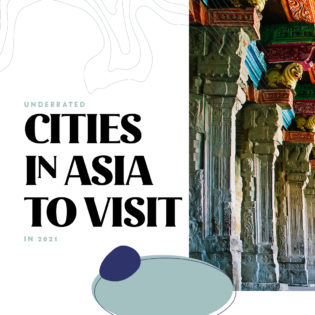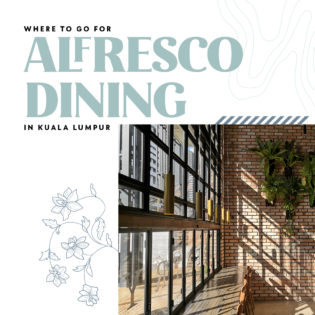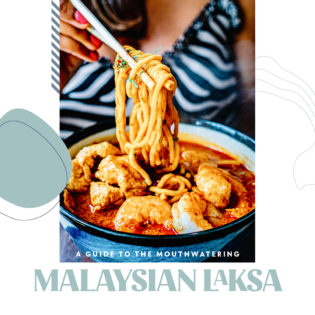In a career switch that’s part hopeful and part inspired by the need to help others, Chef Zoe Rai mines early food memories and improvisation for success
When Zoe Rai found himself standing at a crossroads in his life five years ago, he took the big leap of faith most of us can only envy – trading a successful bank regulator’s career to pursue a passion that would eventually allow him to help others less fortunate than himself.
For more than a decade, Rai worked in Malaysia’s central bank in a position that gave him a lot of exposure and opportunities, including travelling around the world. But a series of bad personal relationships had him examining himself. “I went through a very difficult stage in my life. I was very unhappy, and then one day, it hit me that it wasn’t the other person; it was me.” With that striking realisation, Rai took time off work and literally headed for the hills. “I lived in the mountains of Chiang Rai (in Thailand) for three months, teaching English to the locals. It really gave me a different perspective in life,” he said.
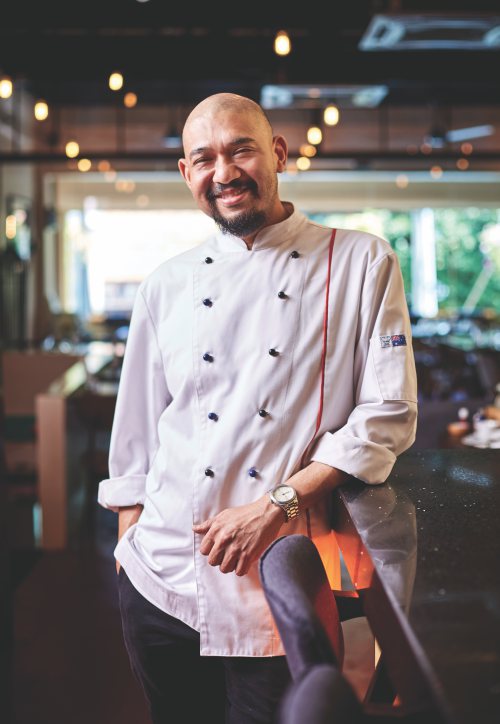
When the stint ended and he returned to work, Rai found he could no longer continue at the bank. He was still unhappy. “I had been with Bank Negara for 14 years. It was a great career and I was very blessed. But I realised I needed to do something that was more me. Doing something that you’re good at and doing something that you love are two different matters.”
In January 2014, Rai left the bank for good and enrolled himself in a culinary arts programme at the prestigious Le Cordon Bleu in Adelaide, Australia. There, he learned to master basic and advanced techniques of cooking for six months, and underwent practical training for another six in one of Australia’s most celebrated restaurants, Quay, and in Nahm in Bangkok.
Training in the two restaurants opened a lot of doors for Rai, who then “staged” for five years in both Australia and Thailand, often in two restaurants at any given time. “I had no salary during this time, so I was very fortunate to have had the support of friends and family. My friend JP helped me the most. He paid for my tuition fees in Melbourne and helped with living expenses.”
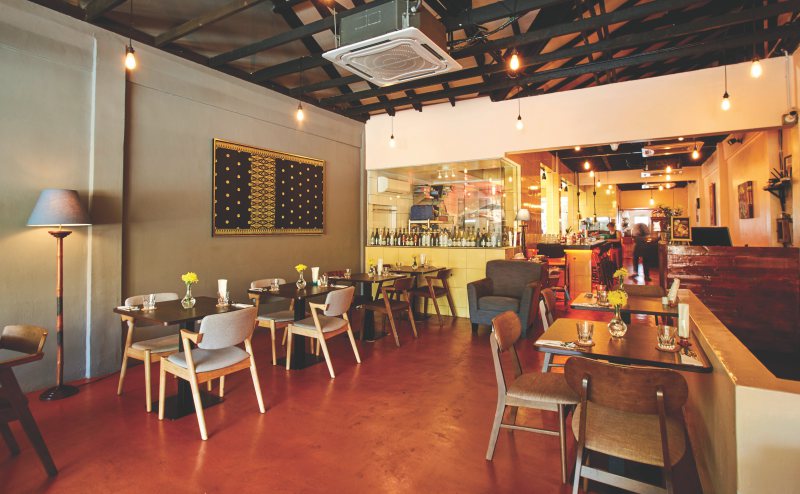
Rai finally returned home two years ago and is now a chef in a restaurant he set up in the affluent neighbourhood of Bangsar in Kuala Lumpur. Zoe Bangsar is located on the first floor of a row of shophouses with hip cafés, Western restaurants and local coffee shops. It helps to keep the cost low as rent is cheaper, said Rai, though he is aware the restaurant may miss out on foot traffic.
His menu is diverse, from Asian to Western, crafted from an amalgamation of the dishes he grew up with and those he has cooked in restaurants where he trained. You’ll find mains from khao soi, a coconut curry-based noodle dish from northern Thailand, to Baby Octopus and Prawn Bisque Tagliatelle and Lamb Ragu Paccheri. “My mom was a great cook. When we were growing up at home, I’d have Punjabi food for lunch. Then at dinner, we’d have Western or Chinese,” said Rai, who is of mixed Sikh-Nyonya Chinese parentage. Describing the menu as comfort food, he has adapted the recipes to suit his style of cooking and the ingredients he can find from the local markets.
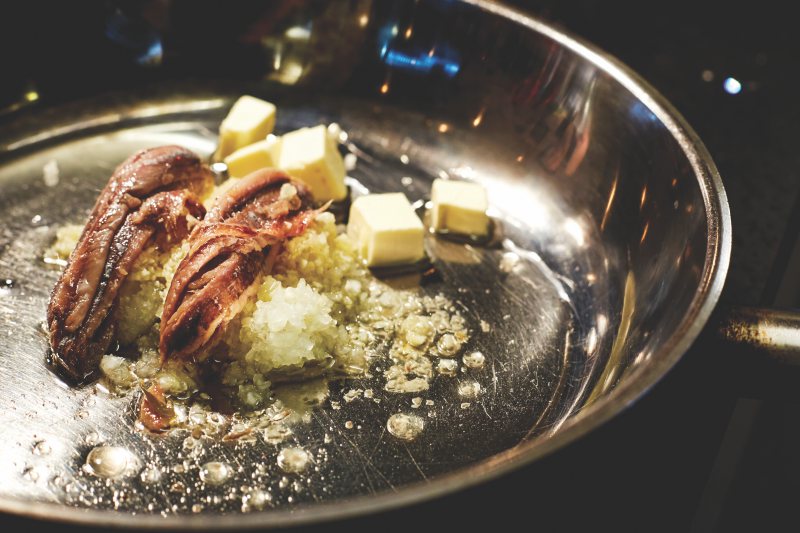
When Zoe Bangsar first started, Rai had only three items on the menu, partly to keep costs low but also due to a lack of floor and kitchen staff. In the first few weeks of operations – Zoe Bangsar opened in January this year – friends and acquaintances, even central bankers, helped out by becoming wait staff and cashiers.
“In the last six months, staffing has been the greatest challenge. On the opening night, I had no waiters, no cooks and no dishwashers. That was why I kept my menu small. I was cooking alone for 40 people,” said Rai, who lost 10 kilogrammes in the first two weeks of opening.
To overcome this, the restaurant serves only five days a week and Rai chooses dishes that have synergies, where he is able to use the same ingredients across a few dishes. “My prices are quite low for what I’m serving. For example, I use imported Australian striploin and not Indian buffalo meat. Others are easily charging twice as much as what I’m charging for the same kind of meal,” he said.
“I’m very humbled and surprised that I’ve received the kind of attention that I have so soon and from so many people. I am really thankful for it.” The positive reviews have brought in more customers, allowing Rai to pay his staff above market rates in order to retain them. “I treat them with respect and I try to teach them as much as I can. I genuinely care about their well-being.” The restaurant, which can accommodate 55 people in a single seating, now has six full-time staff.
Rai knows in this digital age, the business is constantly under scrutiny, and while he tries to take negative reviews in his stride, it does affect morale. “We put our hearts and souls into this place. We come in early and work long hours. When we get unsubstantiated comments, it does hurt. There is no such thing as the perfect dish. I try to do the dish better today than yesterday.”
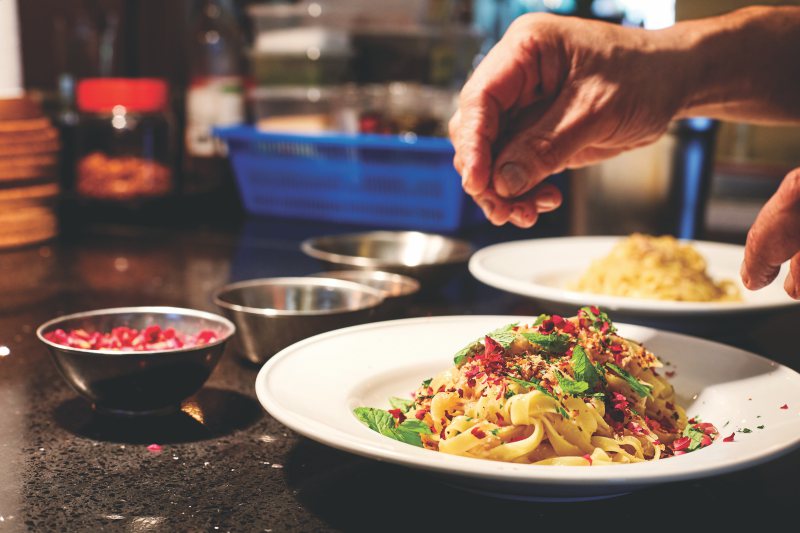
He has, on occasion, improvised his dishes to incorporate customers’ feedback. “When the comments are valid, I take steps to improve it immediately,” he said. Rai believes that if one can be successful in the restaurant business in Malaysia, he or she can make it anywhere in the world. “Because here, we have to compete with the mamak shops, hawkers and kopitiams. Consumers here have so many options, whereas overseas, they only have restaurants, cafés or food trucks. There is nothing in between.”
Rai plans to stay in the business for the next few years, but he has no intention of starting a food empire. The 49-year-old had considered becoming a chef 12 years ago so he could give back to the community. He considered teaching English, but that would take a long time for someone who doesn’t have the ability to master the language, and he lacked the technical skills that most charity organisations were looking for.
“I looked at the areas in which I could do charity work full-time, but I had to be practical too. I still have to have a job. Then I thought about cooking. I could learn how to become a chef, and with that knowledge, transfer it to someone who has no background in cooking but needs a job. It’s a skill that can be learned quite fast even without a common language.”
Rai hopes to establish a cooking school in three years for those who lack the opportunity to be trained professionally, but he hasn’t quite figured out its shape and form. “I want to impart the knowledge and teach the skills for sure. But for now, I have to find a way to pay everyone back because this place was built 110 percent with the help of family and friends. Without them, I’d be nowhere. This restaurant would not have existed. It’s proof that no matter what you do in life, you can’t do it alone.”
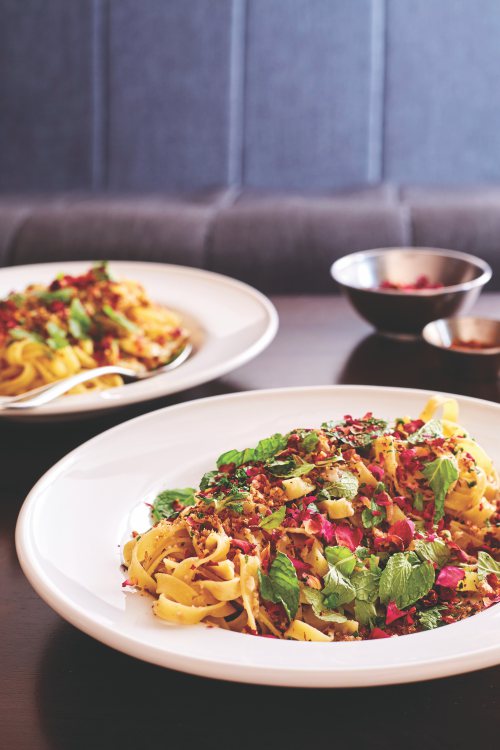
How to recreate Chef Rai’s Anchovy Pasta recipe
Ingredients
- 250g pasta of your choice
- 5 anchovy fillets (50g cans in olive oil)
- 1 tsp minced garlic
- 1 tsp minced onions
- ½ tsp minced red chillies (without seeds)
- 1 tbsp butter
- 1 tsp Extra Virgin Olive Oil
- 1 tbs white wine vinegar (or any vinegar of your choice)
- Pinch of fennel seeds
- ¼ cup pasta water (or fish stock)
- 1 tsp chopped fresh Italian parsley
- 1 tsp chopped fresh mint leaves
- Salt and pepper to taste
Method
- Fill and boil a pot of water three times the amount of the pasta.
- Add some salt for taste. To know if you have put enough, the water should taste of the sea.
- Bring the water to a boil. Add the pasta and cook according to the recommended time on the packaging.
- As the pasta is cooking, sauté garlic, onions, chillies, anchovies, butter and olive oil in a saucepan until all the anchovies have dissolved.
- Add fennel seeds and vinegar.
- Add pasta water or fish stock.
- Add cooked pasta, and continue sautéing until all the sauce sticks to the pasta.
- Season to taste and garnish with parsley and mint leaves.


